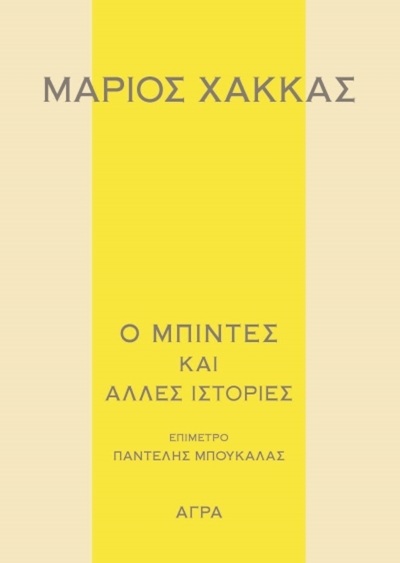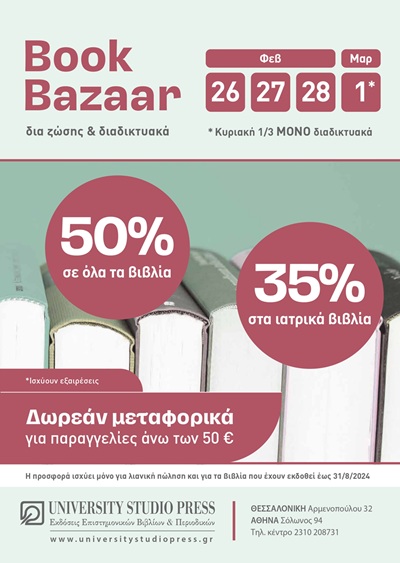
On Tuesday, November 8, at a large event at the Athens Conservatory, open to the public, the results of OSDEL’s Research entitled “Readings, readers and readers: The book and its audience in Greece” were presented, the scientific direction of which was conducted by Nikos Panagiotopoulos, professor of sociology at the National and Kapodistrian University of Athens. The research was carried out with the initiative and funding of OSDEL, within the framework of its cultural and social program, which is part of its mission.
The event was opened by Antonis Karatzas, editor of the Law Library and president of the board of Directors of OSDEL.
Then, Professor Nikos Panagiotopoulos presented the results to follow the discussion, in which Lena Divani, author and T. professor at the Law School of Athens, Stavros Zoumboulakis, author and president of the Board of Directors of the National Library, Director Olga Malea and Professor Nikos Panagiotopoulos. The discussion was moderated by journalist Xenia Kounalaki. The discussion was attended online by Pavlos Tagteverenidis, director of the Music School of Ptolemaida and Vasiliki Karga, librarian at the Daniilideio children’s Library of the municipality of Kalamaria.
The main conclusion is that the book not only contributes significantly to personal and professional development, but also paves the way for a society with equal opportunities for all and everyone. It should be noted that the implementation of this campaign, designed by OSDEL, was carried out with the cooperation of the Society of authors, the Greek children’s Book Circle, the publishers ‘ associations ASEV, ENELVI and SEEVI, the educational community and the libraries.
The event was held under the auspices of A.E. the president of the Republic Katerina Sakellaropoulou.
Some of the main conclusions of the research
- Lack of time is the main reason why most people don’t read books. For non-readers it is the unattractiveness of reading. More free time would be needed for readers to increase reading hours.
- More than 80% of the books read were printed, ebooks were mostly read by young men.
- The higher the educational level of the respondents, the higher the values in the book reading index. In particular, the respondents of higher educational level have an average value of 8.1 against 3.5 of the respondents of lower educational level.
- The higher the professions of the father, mother, paternal and maternal grandfather of the respondents, the higher the book reading index.







Leave A Comment